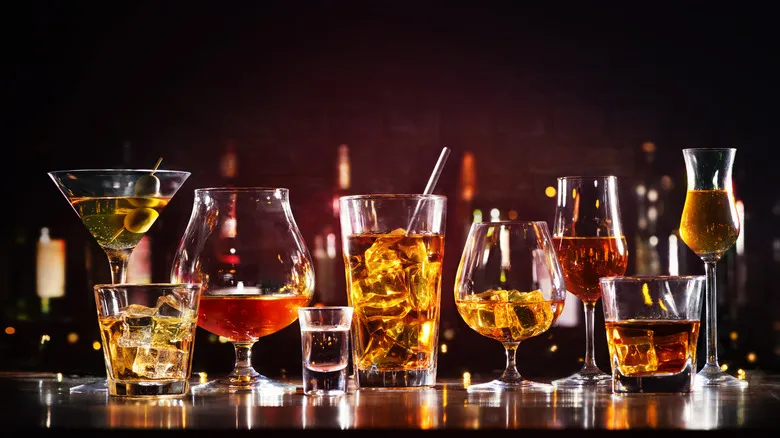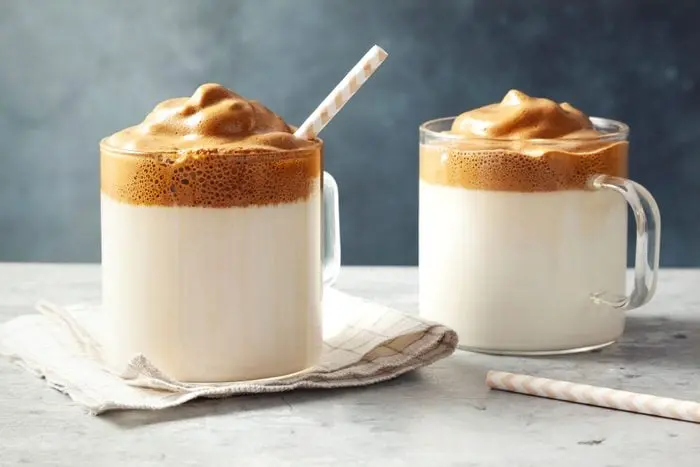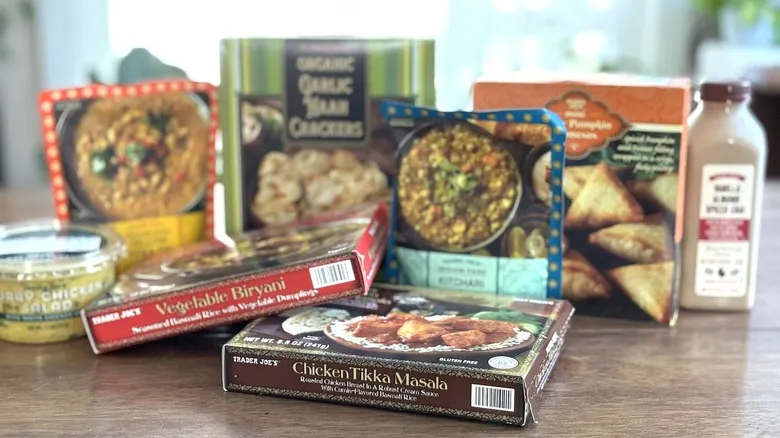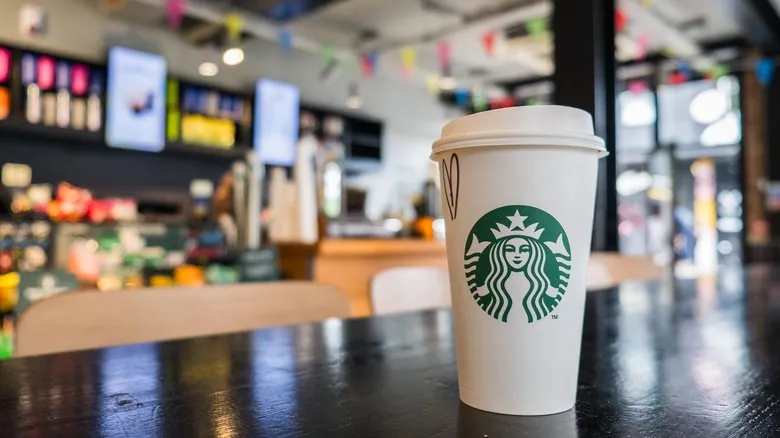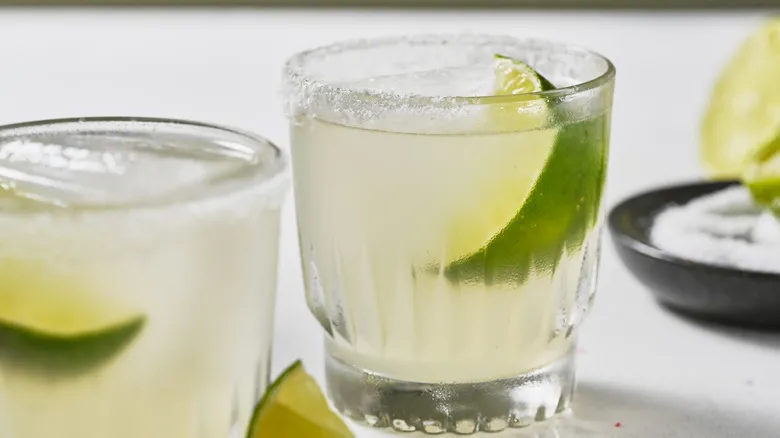Liquors store indefinitely, but lose flavor
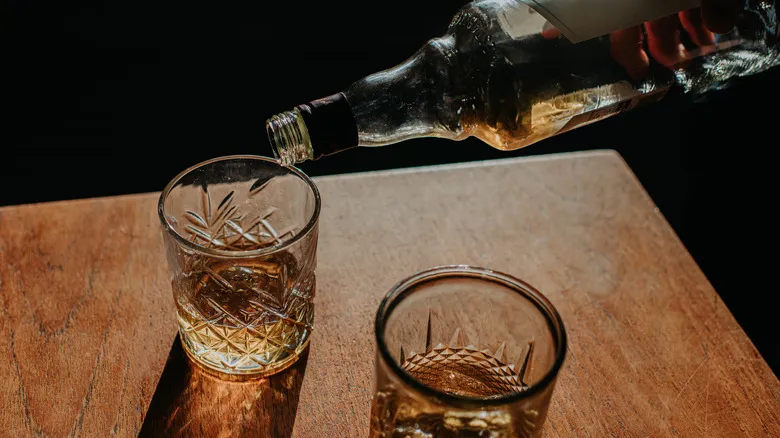
If you store unopened liquor bottles in a cool, dark place, they can last indefinitely. Just ensure they remain properly sealed and avoid letting the liquid touch the cork, as this can spoil your whiskey. Oxygen exposure affects spirits in two significant ways: it causes alcohol to evaporate and triggers oxidative reactions that alter the flavor. Over time, the chemical makeup of the liquid can change dramatically. The speed and extent of these changes depend on the type of spirit.
Vodka is the most stable spirit, which is not surprising given its straightforward flavor profile. Storing inexpensive vodka in the freezer is a smart choice, so there’s little to worry about with this type of liquor. Slightly less stable are unaged spirits like rum, gin, mezcal, tequila, shochu, and moonshine. These contain more flavor compounds, making them more susceptible to changes in taste due to oxygen exposure, but they will still remain enjoyable for a year or two.
Barrel-aged liquors rank lower in stability. Even a sealed bottle can become cloudy due to reactions between trapped air and fatty acids. Once opened, delicate barrel-aged spirits like fine whiskey and rum can start to lose their vibrancy within just six months. The flavors may dull, and the complex nuances can fade away. So, if you’ve invested in a premium aged tequila like añejo or a fine Scotch, make sure to savor it while it’s still at its best.
Vermouths and liqueurs are more delicate alcohols
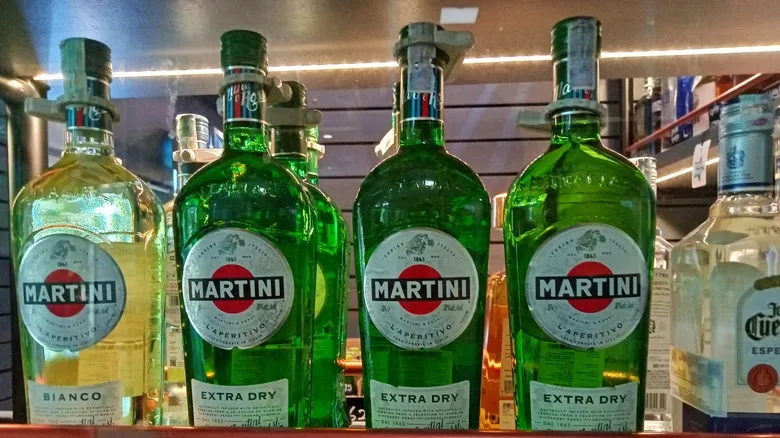
The greater the number of ingredients in a bottle, the more challenging it becomes to maintain its stability. This is particularly true for liqueurs, which are typically sweetened, necessitating a case-by-case evaluation of spoilage. On one hand, high sugar concentrations serve as stabilizers, helping to prevent the introduction of unwanted elements. On the other hand, sugar can crystallize or become overly syrupy. Additionally, sweeteners often bring along extra components that can dilute the overall potency of the liqueur.
Flavor profiles also add another layer of complexity. Bitter and robust liqueurs like Fernet Branca and Campari provide a strong flavor that can endure on your bar cart for many years. In contrast, cream liqueurs, which contain dairy, will have a best-by date on the label, usually around six months. Fortunately, Irish cream liqueur can be utilized in a variety of delightful recipes, so there's no need to worry about wasting it. Other liqueurs vary widely, but for the best taste, it's advisable to consume them within a year of opening, as flavors can deteriorate over time.
Lastly, we have perhaps the most delicate category of spirits: vermouth and other fortified wines. Because these beverages are based on wine, they do deteriorate, losing their flavor within eight weeks. Therefore, it's essential to refrigerate them after opening, and especially drier vermouths should be consumed promptly.
Recommended
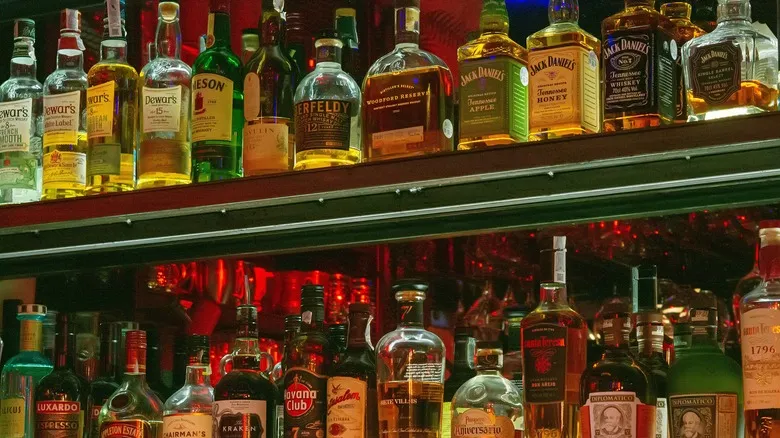
Does Liquor Actually Expire?
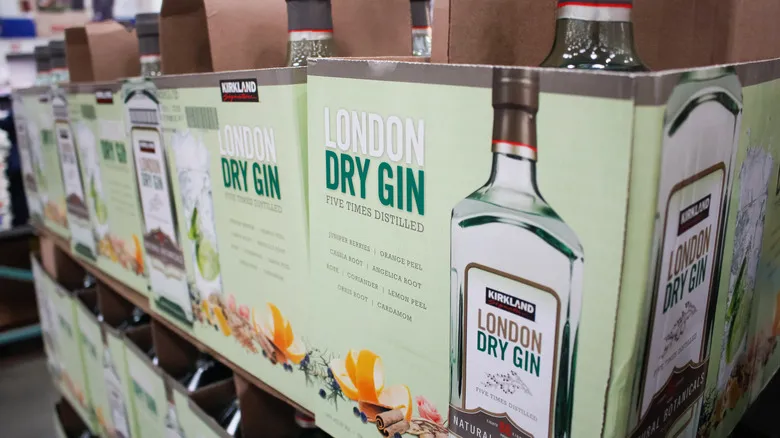
What Brand Makes Costco's Kirkland Signature London Dry Gin?
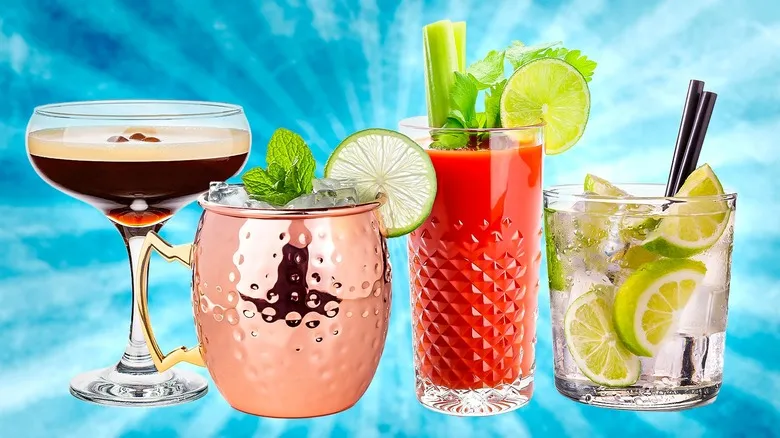
10 Popular Vodka Cocktails To Sip, Beyond Your Vodka-Cran
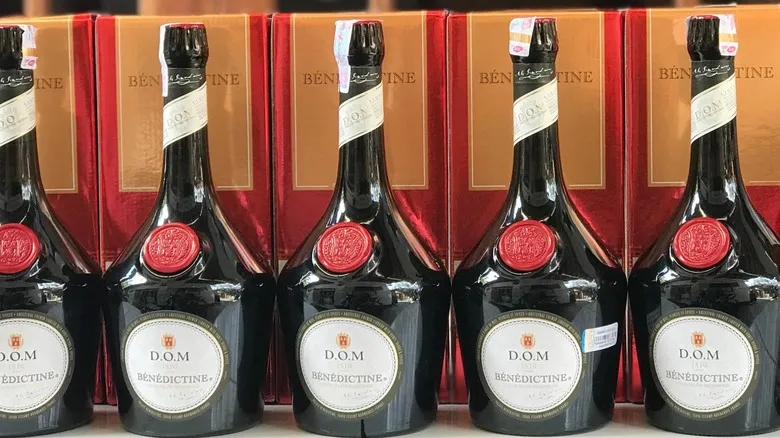
What Type Of Liquor Is Bénédictine?
Next up

